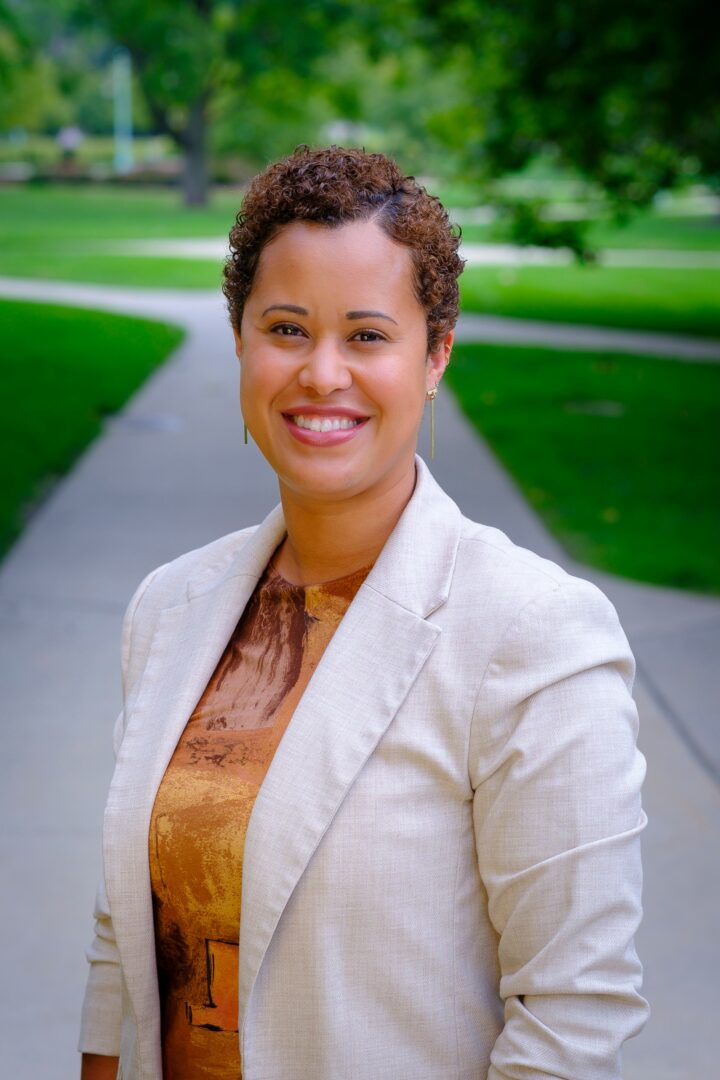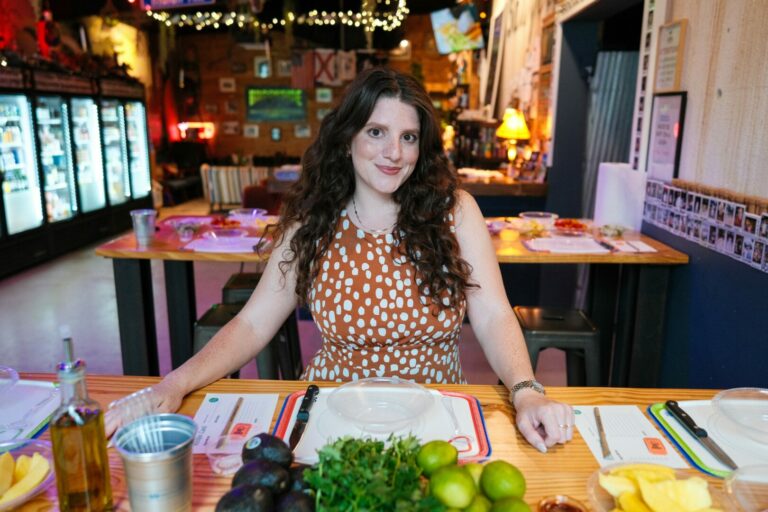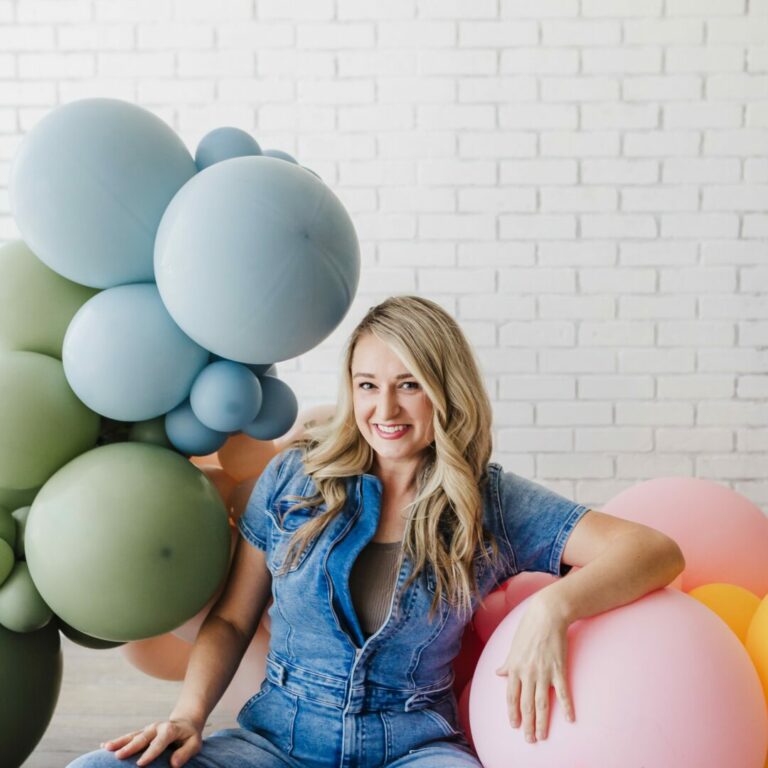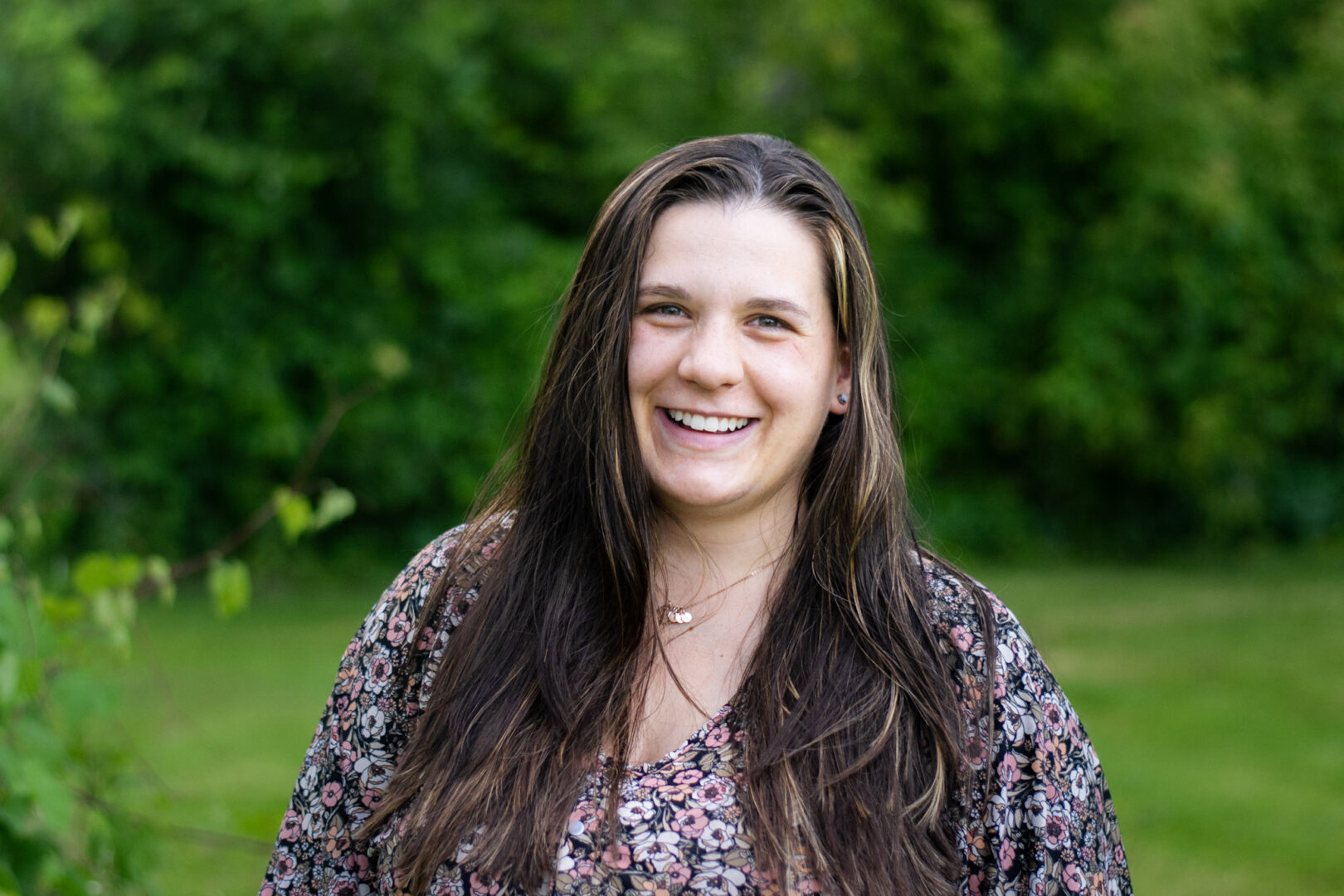We recently connected with Anissa L. Eddie, Msw, Abd and have shared our conversation below.
Anissa L., so good to have you with us today. We’ve always been impressed with folks who have a very clear sense of purpose and so maybe we can jump right in and talk about how you found your purpose?
Ayesha Siddiqi said, “Be the person you needed when you were younger.” I didn’t realize it as my journey began, but that sentiment has been a driving force in helping me to find my purpose.
I was always deeply loved and well cared for as a child, but I was not well supported when it came to understanding my ethnic-racial identity. I am a Black identifying, biracial woman with African-American (Black) and Euro-American (white) heritage. My mother is white and my late father was Black. The relationship between my parents was complicated and I did not have regular interaction with my dad or his side of the family while I was growing up. With my mom in the role of primary parent, the culture of whiteness was all I knew in my early years. My maternal grandparents, who I spent a lot of time with, were white. My aunts, uncles, cousins, and friends were white. I lived in white neighborhoods, I experienced my spiritual formation in majority white churches, and I attended majority white schools (in addition to being homeschooled for 6 years). Other than my younger sister, who is also Black-white biracial, my early childhood world was white.
While I had occasional interactions with my dad and my half siblings, I did not have the opportunity to be around them enough to find a place for myself within the Black community and I had very little exposure to Black culture. As a result, I developed a subconscious disdain for that aspect of my identity. Although I was not explicitly taught to resent my Blackness, I learned that to be Black was to be inferior. Sometimes, it is the unspoken messages that we hear most clearly.
Many of my formative years included efforts to move away from my Blackness. I played with white Barbie dolls, I listened to white music artists, and I had crushes on white teen idols. Eventually, my attention shifted to my appearance. I relaxed my hair to make it straight, I bleached the hair on my arms, and I only offered the names of white boys when playing MASH with my friends as I imagined having babies one day who might be light enough to “pass”.
My mom married my step-dad when I was 13. He was Black and it was refreshing to engage with his family. Still, the foundation of my ethnic-racial identity was already set in many ways. It wasn’t until I attended a pre-college program after my junior year of high school that I started to think about my ethnic-racial identity with more curiosity. My college years were just as much about unlearning as they were about learning. It was liberating to make space for a more holistic and integrated sense of myself. At the same time, I experienced deep grief thinking about how actively I’d shunned a core part of my identity for much of my life. I also grappled with hurt and disappointment as I reflected on how the adults in my life did little to disrupt my negative self perception when I was little, and sometimes even directly contributed to it.
I graduated college with a degree in social work and a passion for social justice. I went on to get my MSW and wanted to focus my professional career on policy work that would specifically improve outcomes for children in the education system. I began my social work career doing outpatient therapy with children and school-based social work. When I got my first school social work assignment in an early childhood classroom, I knew that I’d found my sweet spot. Working directly with children in the 0 to 5 age group and collaborating with their families, educators, and support teams was fulfilling and meaningful. Yet, it became more and more apparent to me that the biggest threats to the wellbeing of children and families were firmly embedded within systems and policies. In 2016, I had the opportunity to shift my work to this macro level when I began working for a collective impact initiative called KConnect. KConnect brought together individuals representing many different sectors and supported their collective efforts to improve the lives of children and families in Kent County, Michigan. This work opened the door to my selection as a Pritzker Fellow with the National Collaborative for Infants and Toddlers. I was able to contribute to multiple efforts and initiatives during my two year fellowship. My projects included improving data systems, increasing access to affordable, high-quality child care, and establishing a new doula collective designed to improve birth outcomes and reduce health disparities in Black and Brown communities. I also had the opportunity to update a curriculum created to help adults talk to children about race. This particular project resulted in the publication of the book, Talking to Kids About Race: An Introductory Guide to Building Foundations for Racial Equity in Early Childhood. Working on this book was a healing experience for me. This book is a resource that I wish my mom, my grandmother, my teachers, and other caring adults in my life would have had when I was little.
My work as a Pritzker Fellow and my experience writing the book solidified my desire to pursue a PhD in child development. I began my doctoral program at Michigan State University in the department of Human Development and Family Studies in 2020 (Yeah…2020, I was doing virtual school at home along with my 3 kids. It was a wild ride!). I am now in my 5th and final year. My dissertation research is focused on ethnic-racial identity development and socialization in early childhood. My vision is to create a world where liberatory frameworks are embraced in early childhood to nurture inclusive mindsets, promote radical self-love, and disrupt the development of harmful biases. I am dedicated to advancing translational research to equip parents, families, early educators, program leaders, and policymakers with accessible tools and intentional practices designed to support the healthy development of all young children and build equitable systems that enable them to thrive. In other words, I aim to be the person I needed when I was younger, and I want my work to equip others to be that person as well.
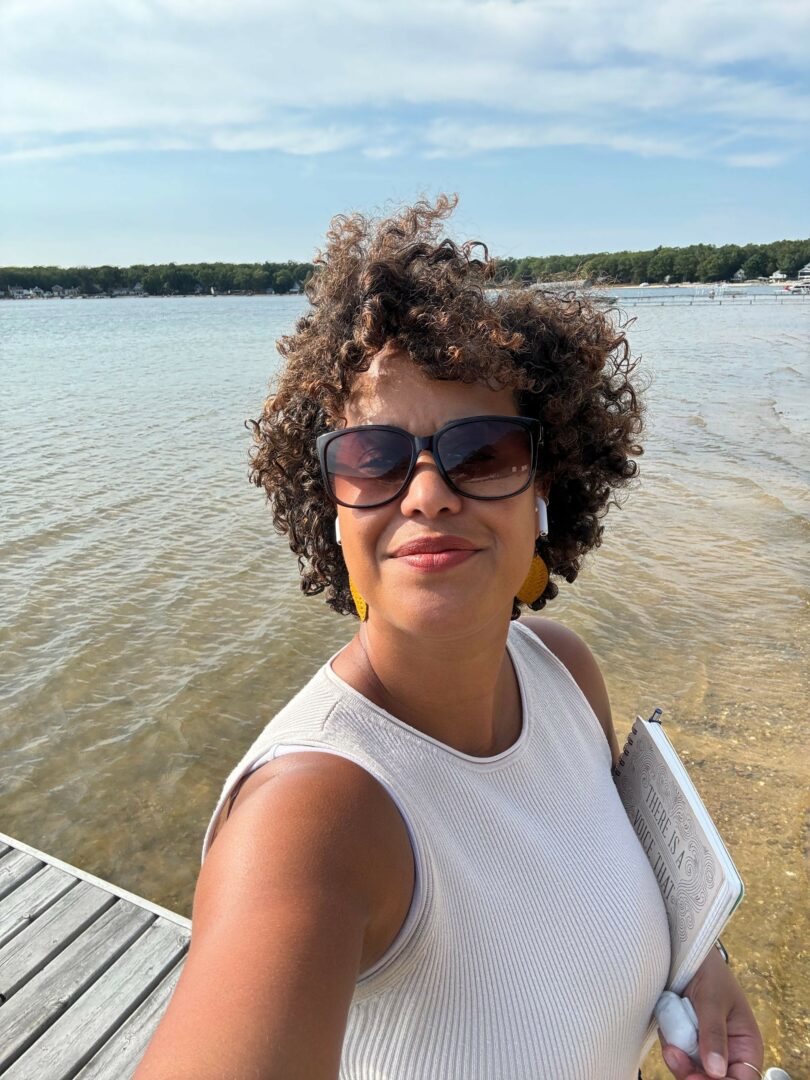
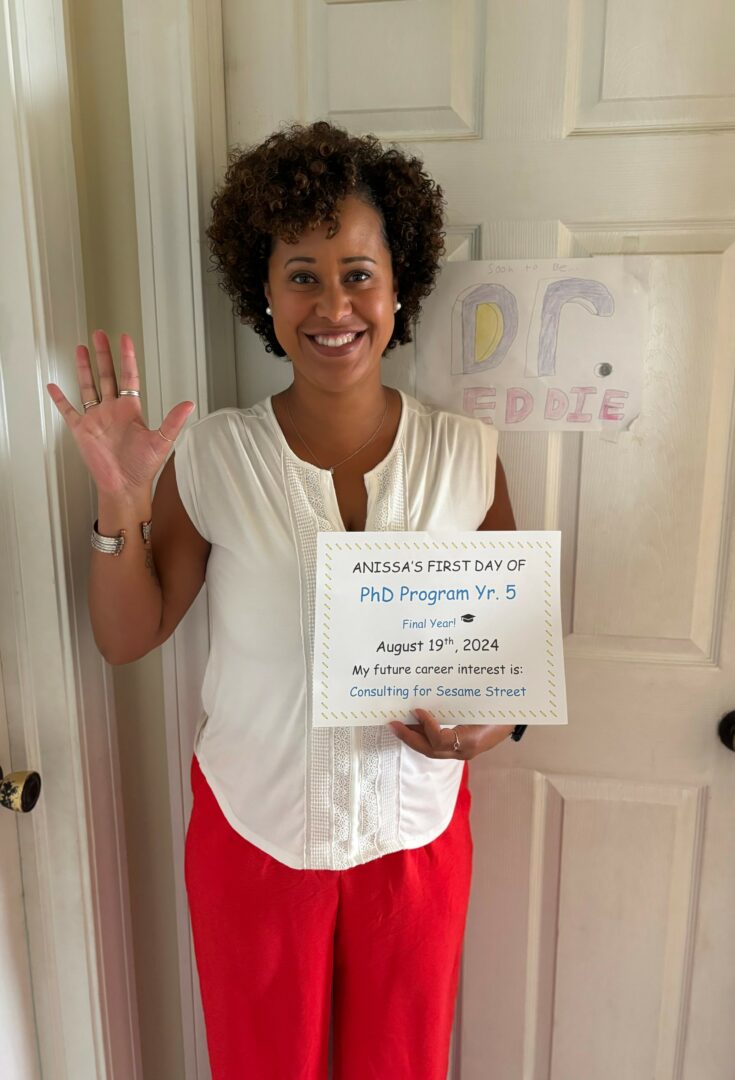
Let’s take a small detour – maybe you can share a bit about yourself before we dive back into some of the other questions we had for you?
I think I answered much of this in the first question, but in addition to working on finishing my dissertation, I have a consulting practice. Liminality Consulting supports the healthy development of young children by investing in the people, programs, and policies that directly impact them. I hope to defend my dissertation early next year and graduate in May 2025. After graduating, I want to continue my consulting work locally and expand it nationally as well. My dream is to eventually work with Sesame Workshop and Sesame Street in Communities.
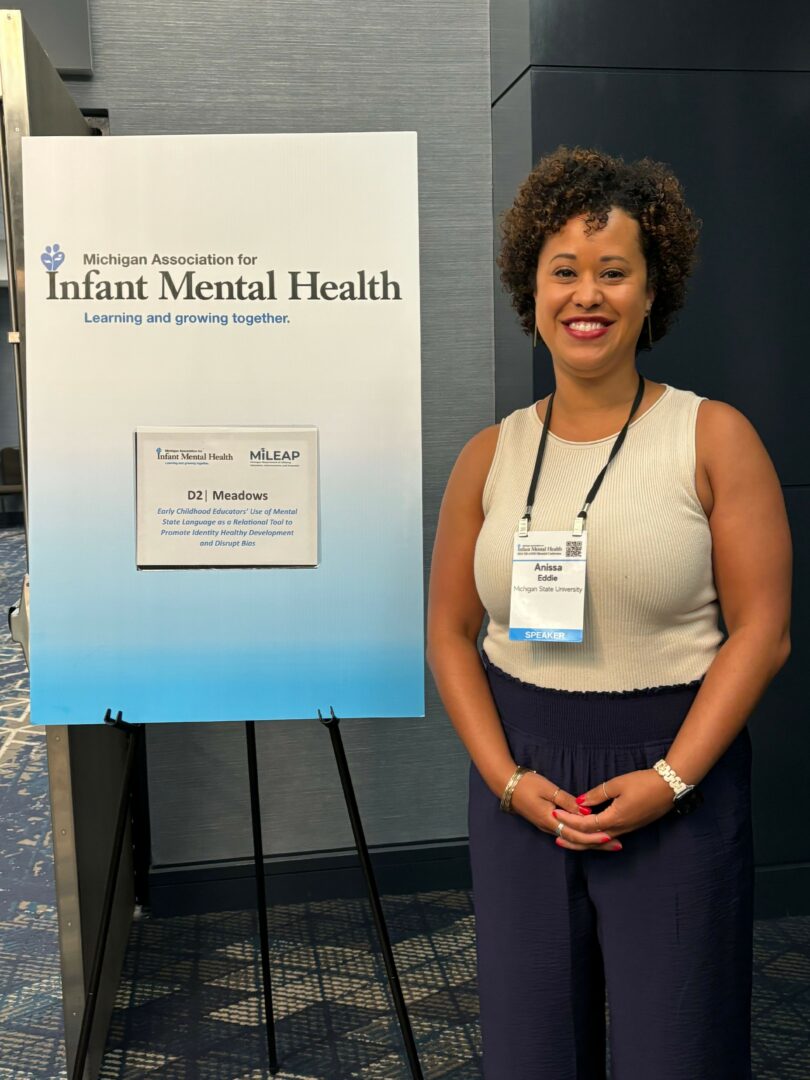
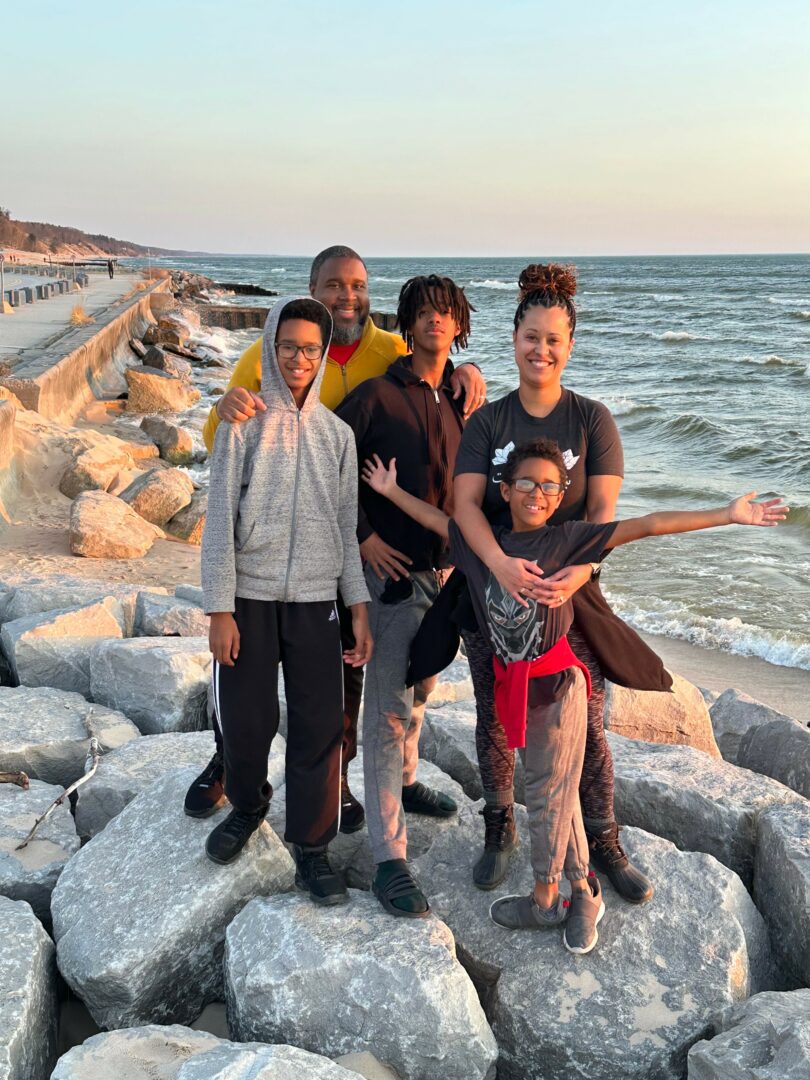
If you had to pick three qualities that are most important to develop, which three would you say matter most?
When I reflect on my journey, I think my sense of curiosity, my hunger for learning, and my commitment to justice have been most impactful. Curiosity causes me to wonder why things are as they are and how they might improve. My hunger to learn has been evident in my educational pursuits as well as my consistent focus on self-reflection and personal development. My commitment to justice drives me. For folks who know the enneagram, I am a type 1, the advocate. When I see something that is not just, my natural instinct is to stand with those being harmed and work to make it right. My advice would be to lean into your own inner wisdom. If you feel unsure about who you are, what you want, or where to start, focus on embodiment practices that connect you to yourself. I believe that the answers we seek are already in us. We just need to learn how to listen.
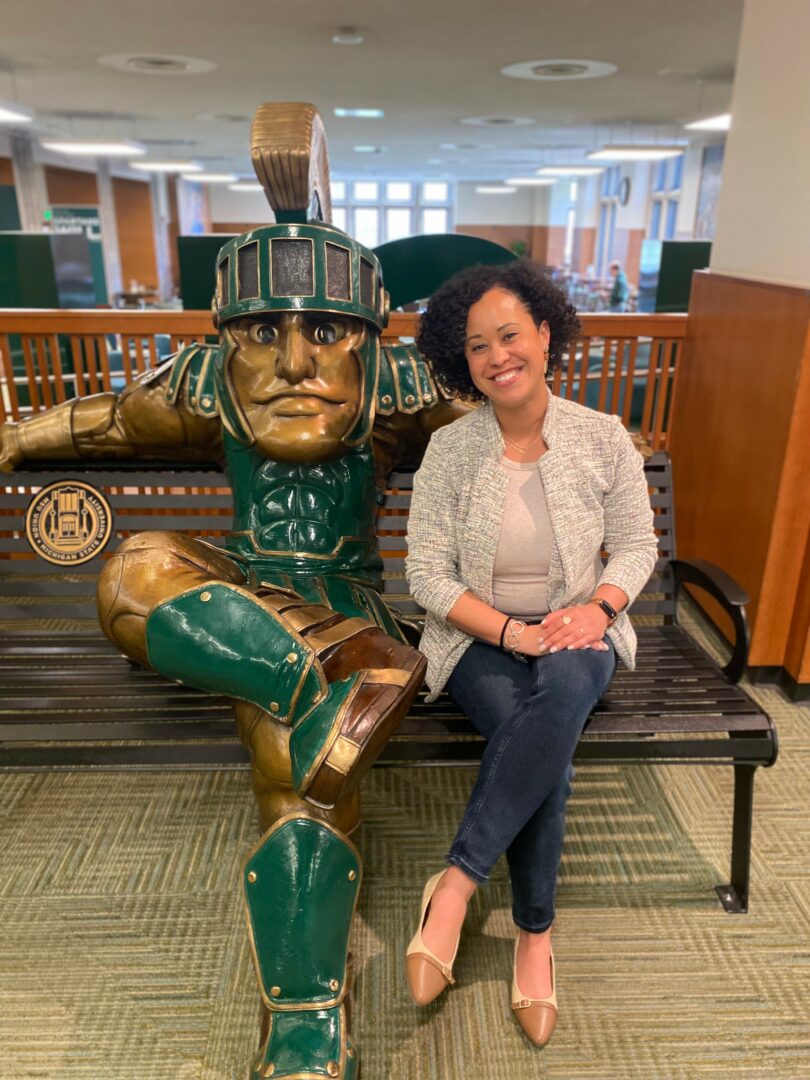
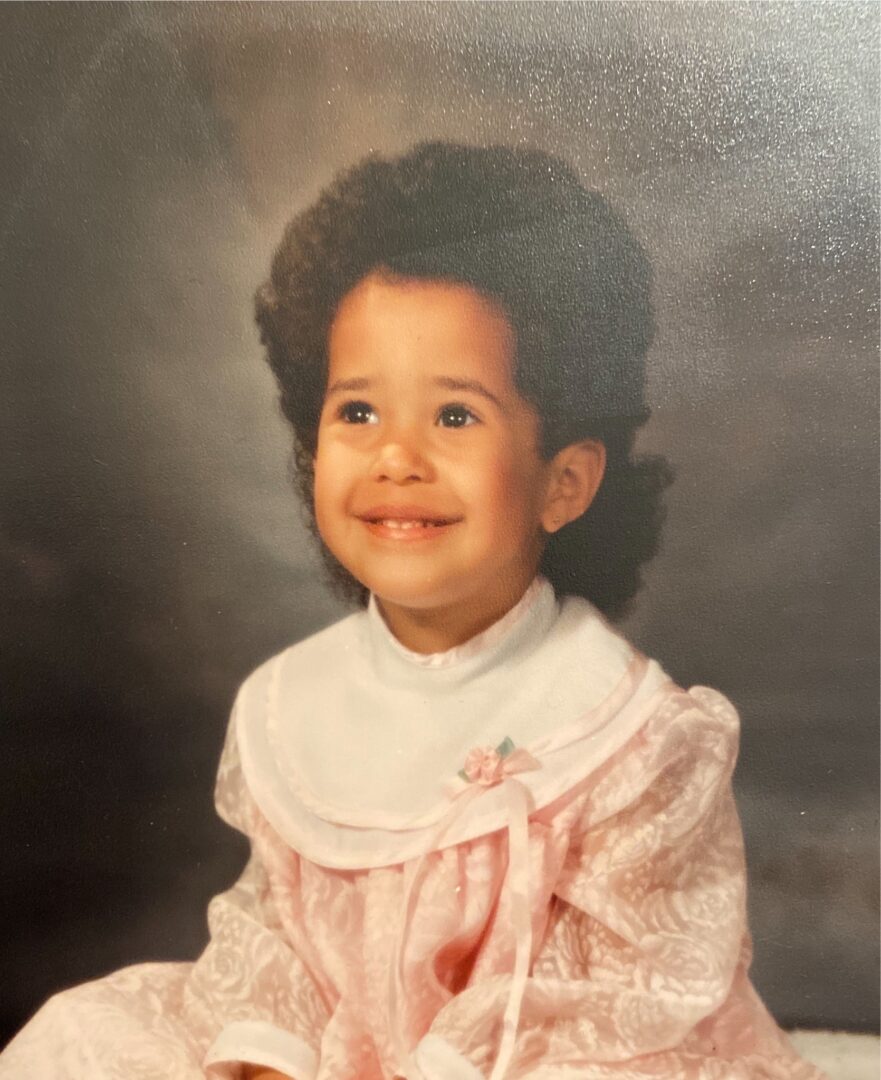
Who has been most helpful in helping you overcome challenges or build and develop the essential skills, qualities or knowledge you needed to be successful?
I invest a lot in my own personal development. In addition to seeing my therapist twice a month, I do a lot of reading to learn from the wisdom of others and apply it to my own life. Two books that had a deep impact on me recently are Sisters of the Yam: Black Women and Self-Recovery by bell hooks and Real Self Care:A Transformative Program for Redefining Wellness (Crystals, Cleanses, and Bubble Baths Not Included) by Dr. Pooja Laksmin. recently had the privilege of participating in a personal coaching program called Hāvana. The founder describes Hāvana as a 1 to 1 high-touch immersive coaching container for the BIPOC woman who is ready to GET FREE. So much of my journey has been in pursuit my own liberation and the collective liberation of all people. My experience in Hāvana really helped me connect the dots of my life and get clear on where I’m going next. While I continually pursue my personal work, I have also found that I community is essential. My partner, Jermale, is my biggest supporter and mothering my boys is life giving a full of lessons for me. I’m also immensely grateful for the beautiful collection of people who are always in my corner cheering me on and loving me in tangible ways. It’s like Archbishop Desmond Tutu said, “I am because we are”. This is how he described the South African principle of Ubuntu. It is through the concept of oneness that I find what I need to overcome challenges and maintain unbridled hope.
Contact Info:
- Website: https://liminalityconsulting.com
- Instagram: https://www.instagram.com/liminalityconsulting/
- Facebook: https://www.facebook.com/liminalityconsulting
- Linkedin: https://www.linkedin.com/in/anissa-eddie/
- Twitter: @AnissaEddie
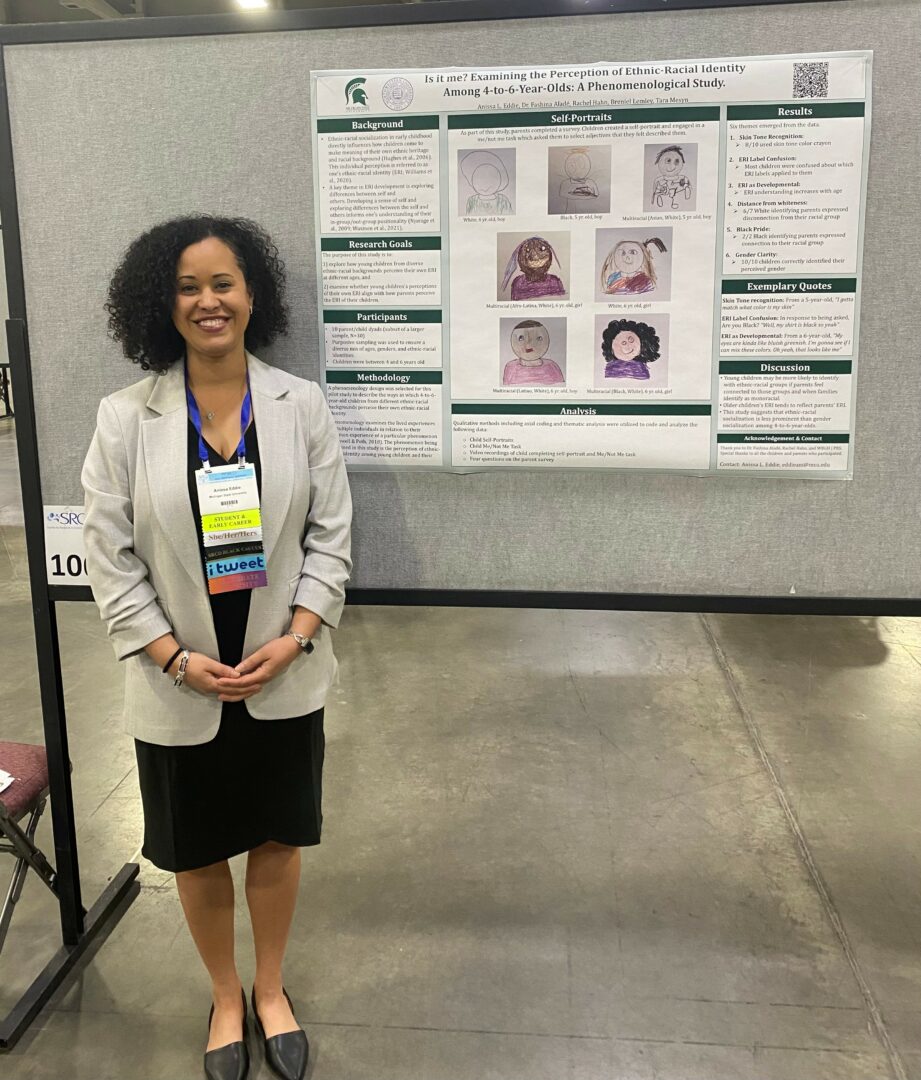
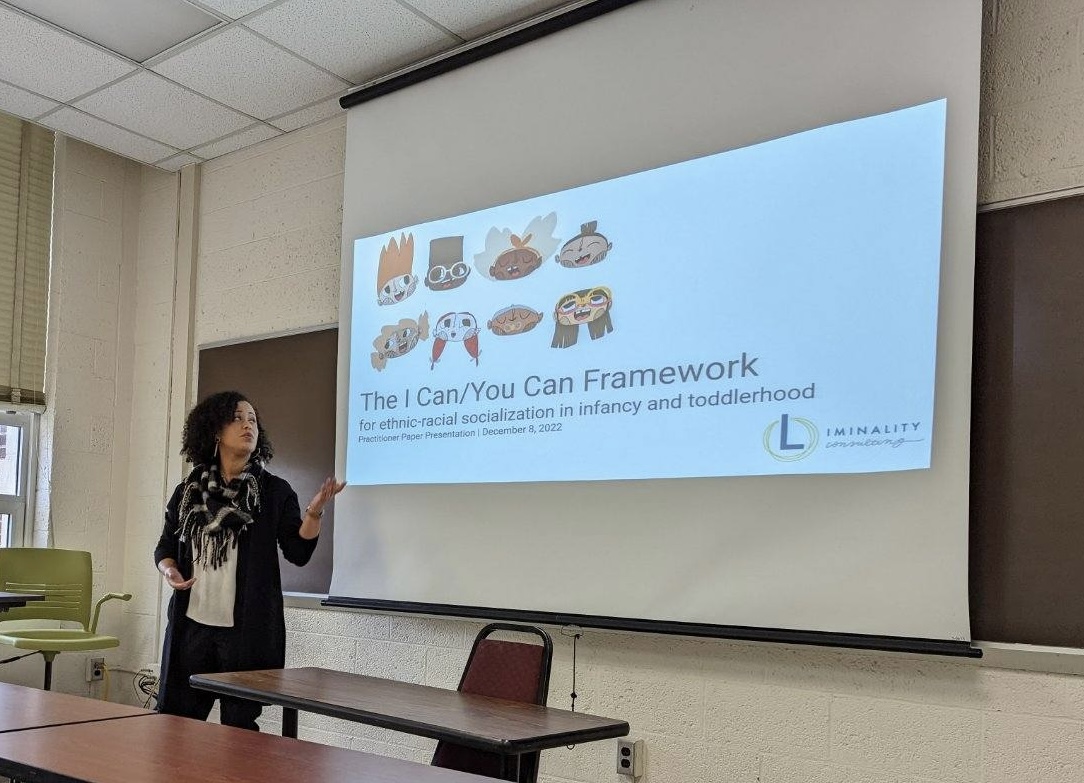
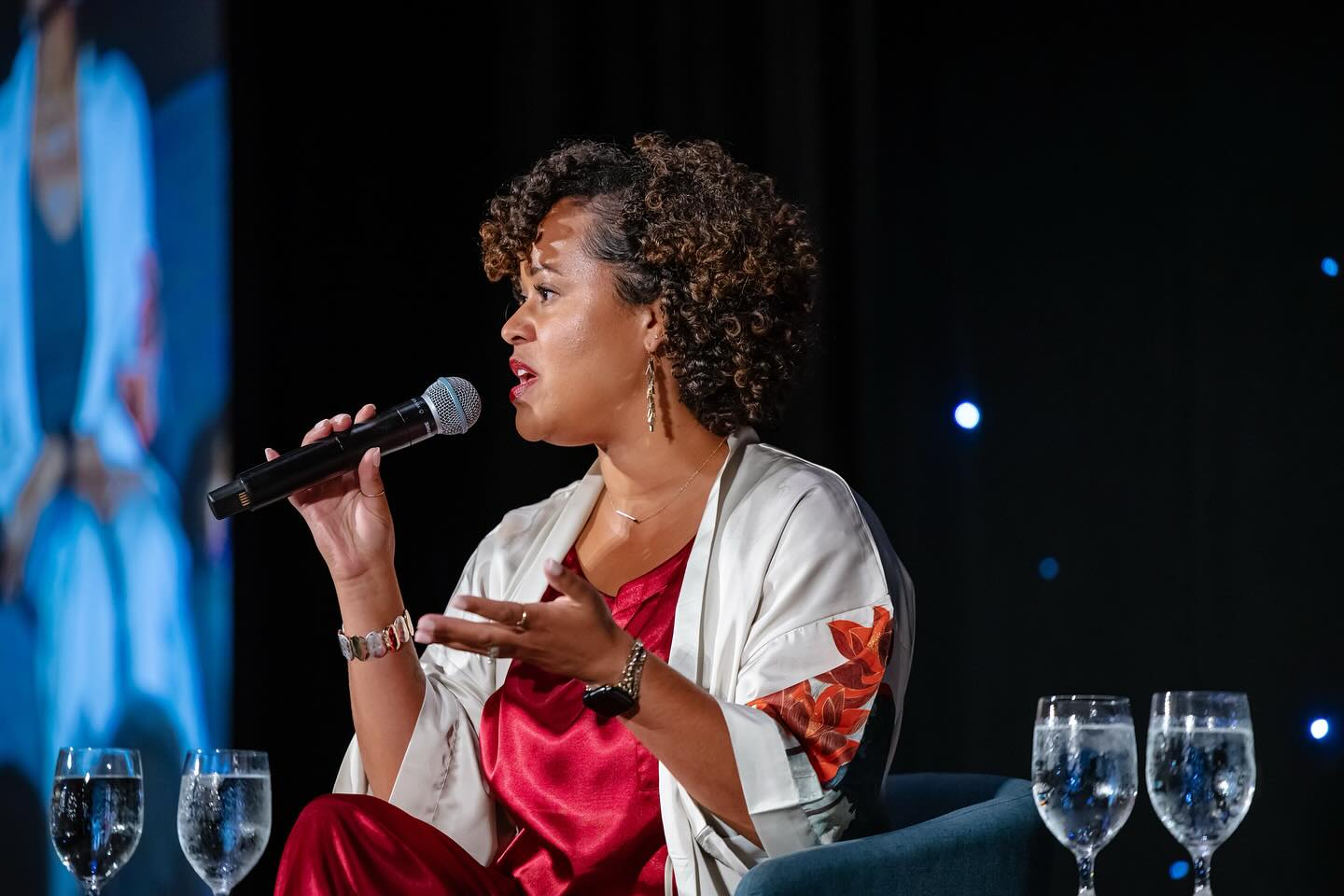
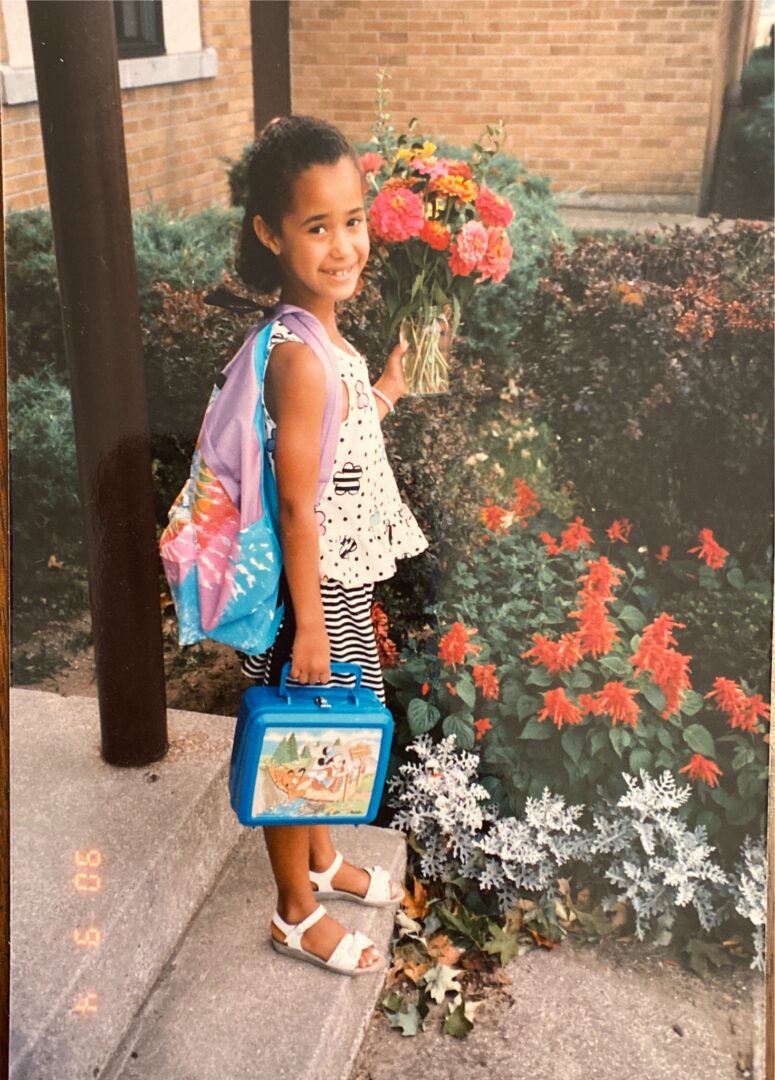
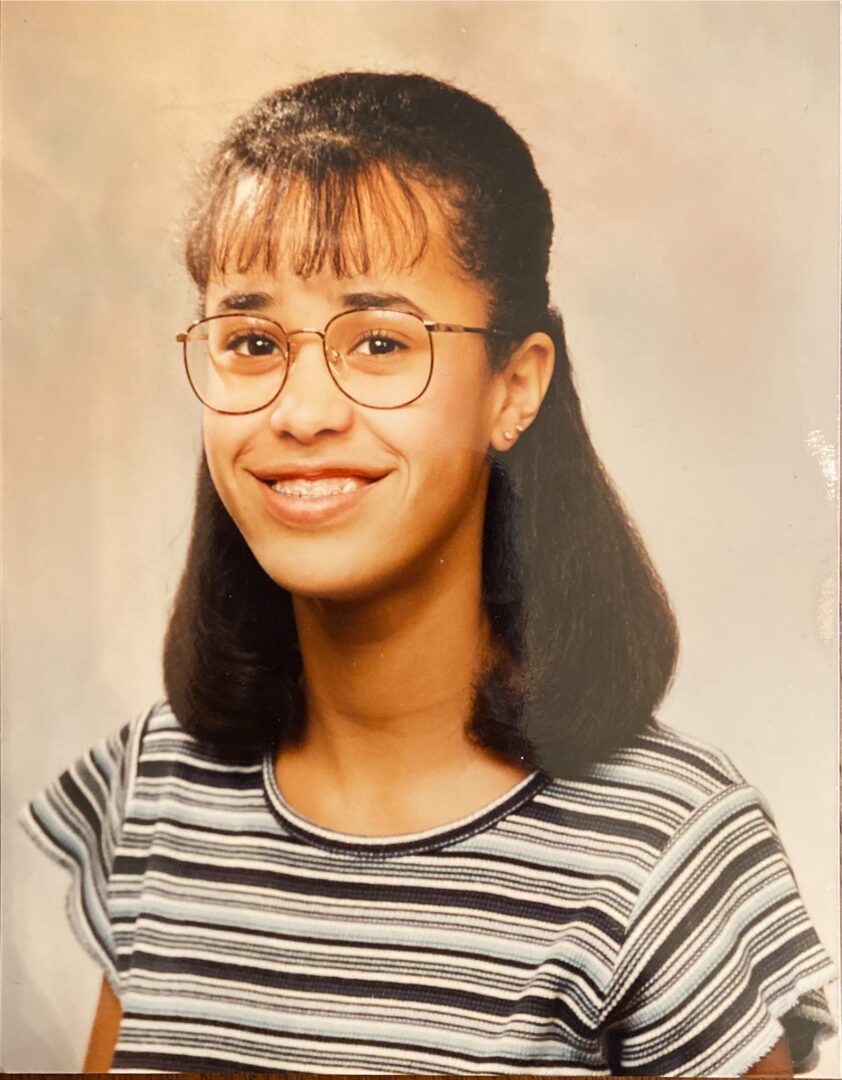
Image Credits
Julie Balgavy Photography/Rockstar Woman Movement (photo with the microphone)
so if you or someone you know deserves recognition please let us know here.

